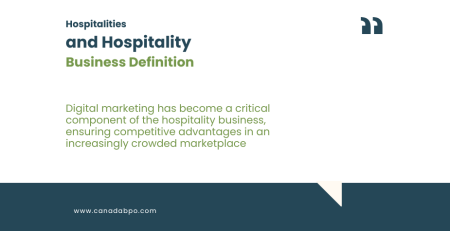Behind the scenes of effective content marketing, there’s a role that’s essential to crafting, managing, and executing content plans: the content strategist. But what exactly do content strategists do, and why are they so important? This blog post explores the role of a content strategist, their key responsibilities, and how they contribute to a brand’s overall marketing success.
What Is a Content Strategist?
A content strategist is a professional responsible for planning, developing, and managing content that aligns with a brand’s goals and audience needs. They work to ensure that content not only engages and informs the target audience but also supports broader business objectives such as brand awareness, lead generation, and customer retention.
Key Responsibilities of a Content Strategist
- Developing Content Strategies
One of the primary responsibilities of a content strategist is to create comprehensive content strategies. This involves:- Understanding Business Goals: Collaborating with stakeholders to align content strategies with the company’s overall objectives and marketing goals.
- Audience Research: Conducting research to understand the target audience’s needs, preferences, and pain points.
- Content Planning: Developing a content calendar that outlines what content will be created, when it will be published, and where it will be distributed.
- Content Creation and Management
Content strategists oversee the creation and management of content to ensure it meets quality standards and aligns with the brand’s voice. This includes:- Content Development: Collaborating with writers, designers, and other creatives to produce high-quality content that resonates with the audience.
- Content Optimization: Ensuring content is optimized for SEO, readability, and engagement to maximize its effectiveness.
- Content Review: Reviewing and editing content to ensure it meets brand guidelines and is free of errors.
- Content Distribution and Promotion
Effective content distribution and promotion are crucial for reaching the target audience and driving engagement. Content strategists:- Choose Distribution Channels: Identify the most effective channels for distributing content, such as social media, email, or the company website.
- Promote Content: Develop and implement promotional strategies to increase content visibility and reach, including social media campaigns and email marketing.
- Performance Monitoring and Analysis
To measure the success of content initiatives, content strategists use various analytics tools to track performance metrics. This involves:- Analyzing Data: Monitoring key performance indicators (KPIs) such as page views, engagement rates, and conversion rates to assess content effectiveness.
- Gathering Insights: Using data to gain insights into audience behavior and preferences, and identifying areas for improvement.
- Reporting Results: Providing regular reports on content performance to stakeholders and making recommendations for optimization.
- Managing Content Teams and Workflows
Content strategists often lead content teams and manage workflows to ensure efficient content production. This includes:- Team Leadership: Leading and coordinating with content creators, designers, and other team members to ensure smooth execution of content projects.
- Workflow Management: Implementing processes and tools to streamline content creation, review, and approval workflows.
- Staying Updated with Industry Trends
The digital marketing landscape is constantly evolving, and content strategists need to stay informed about industry trends and best practices. This involves:- Continuous Learning: Keeping up with the latest trends in content marketing, SEO, and digital media.
- Adapting Strategies: Adjusting content strategies based on new insights and emerging trends to remain competitive.
Skills and Qualities of a Successful Content Strategist
- Strong Writing and Editing Skills: Ability to create clear, engaging, and error-free content.
- Analytical Thinking: Proficiency in analyzing data and deriving actionable insights.
- Project Management: Experience in managing multiple content projects and deadlines effectively.
- Creativity: Ability to develop innovative content ideas and strategies.
- SEO Knowledge: Understanding of SEO principles and techniques to optimize content for search engines.
- Communication Skills: Excellent interpersonal skills for collaborating with team members and stakeholders.
Content strategists play a pivotal role in shaping a brand’s content marketing efforts. By developing strategic content plans, overseeing content creation and distribution, analyzing performance, and managing content teams, they ensure that content effectively supports business goals and resonates with the target audience.
If you’re looking to enhance your brand’s content strategy or are considering a career as a content strategist, understanding these key responsibilities and skills is essential. With the right approach, content strategists can drive meaningful engagement, boost brand visibility, and contribute significantly to a brand’s overall success.










